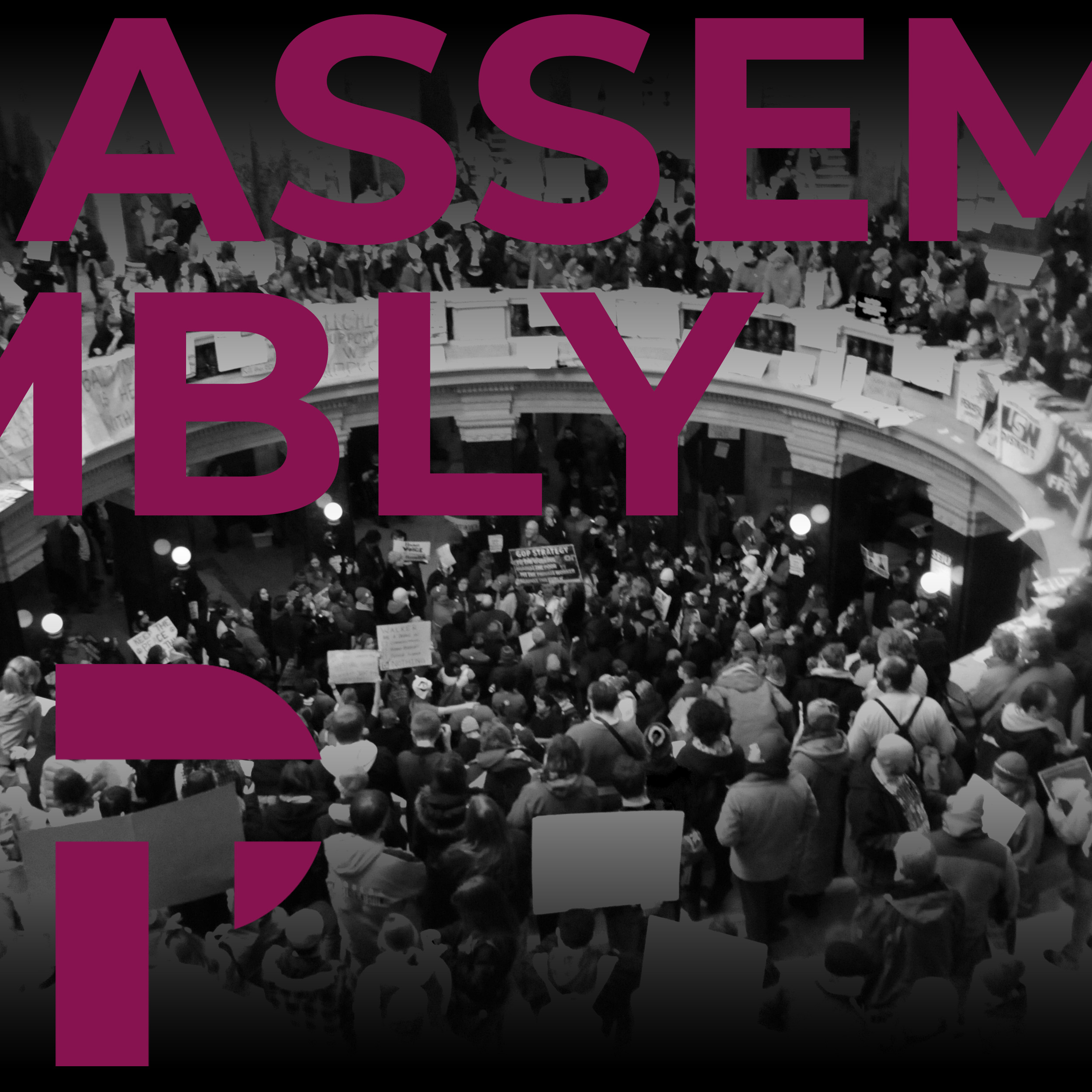S4 E9: Why Synthetic Religions? On Nature, Culture, and the Political Struggle to Slow Down Time
Description
As we reach the conclusion of the current Series, Amanda and Sher take a deep dive into the thematic framework for binding the previous eight episodes: synthetic religions. Tune into to hear about the story behind the term, works such as Christopher Preston's The Synthetic Age & Catherine Albanese's Nature Religion in America that inspired its fruition, and memorable moments in conversation with our guests that enriched our understanding of synthetic religions as a conceptual tool for disrupting the binary between nature and culture that has long sustained the disciplinary boundary between the STEM sciences and the humanities and exploring the synthesis between the two. How might theorizing religion as a potent force that materially transforms nature as opposed to a private affair or worse a relic from the past with merely symbolic value demand its scholars and practitioners alike to reevaluate how much power they can exercise in the realm of politics and civic engagement? What would higher education look like if religion was no longer pit against the study of science and technology but on the contrary studied as the synthetic assemblages which sustain the promise of life amidst fears of extinction? What does our imminent future look like if imagined through the lens of synthetic religions and how might it slow our experience of time? Join us as we broach these broad questions while asking what is 'synthetic religions?'
More Episodes
Published 08/02/22
The advent of new digital technologies has made surveillance ubiquitous and inconspicuous. From facial recognition software designed to detect your mood to social media apps that track your daily shopping habits, we are now constantly surveilled in the absence of a guard watching over us. Indeed,...
Published 06/30/22
More religious spaces are currently closing than opening in America today. Another recent study found that over 50% of religious communities are facing financial difficulties and hardships. In some cities, nearly 20-30% of churches have closed or are currently in the process of closing. Moreover,...
Published 05/24/22


